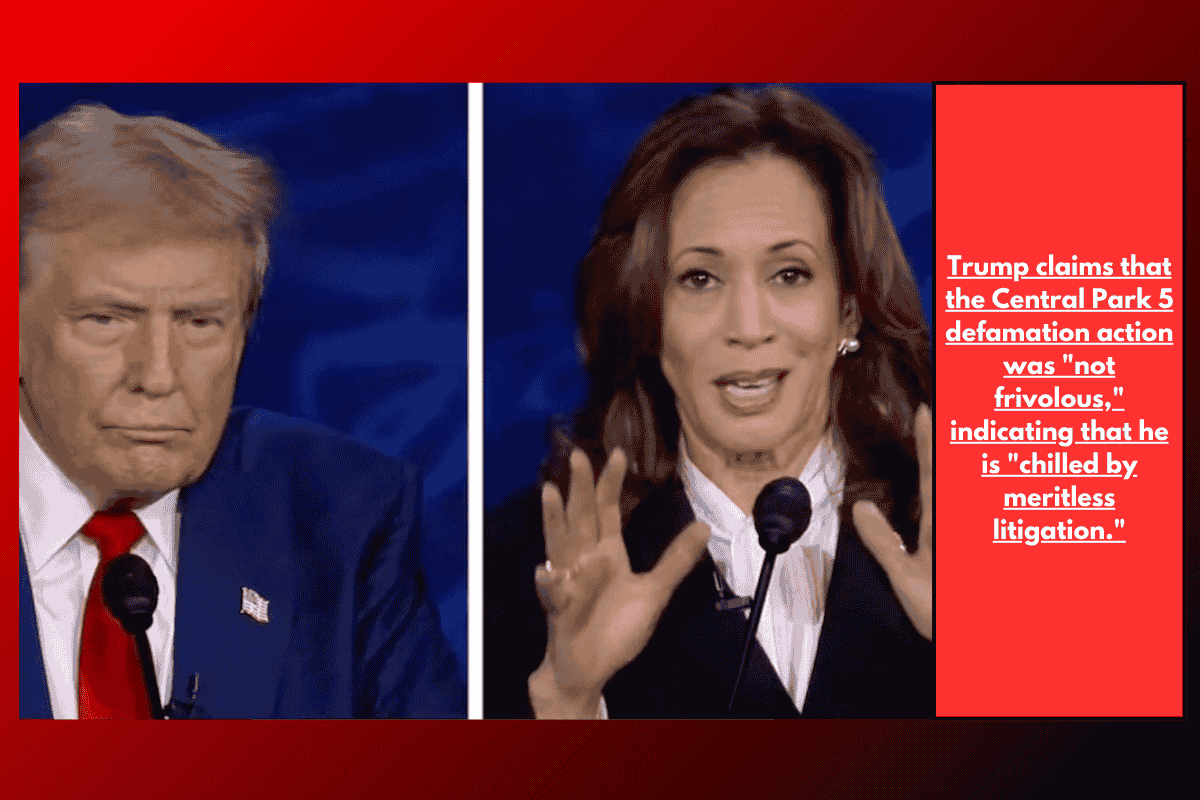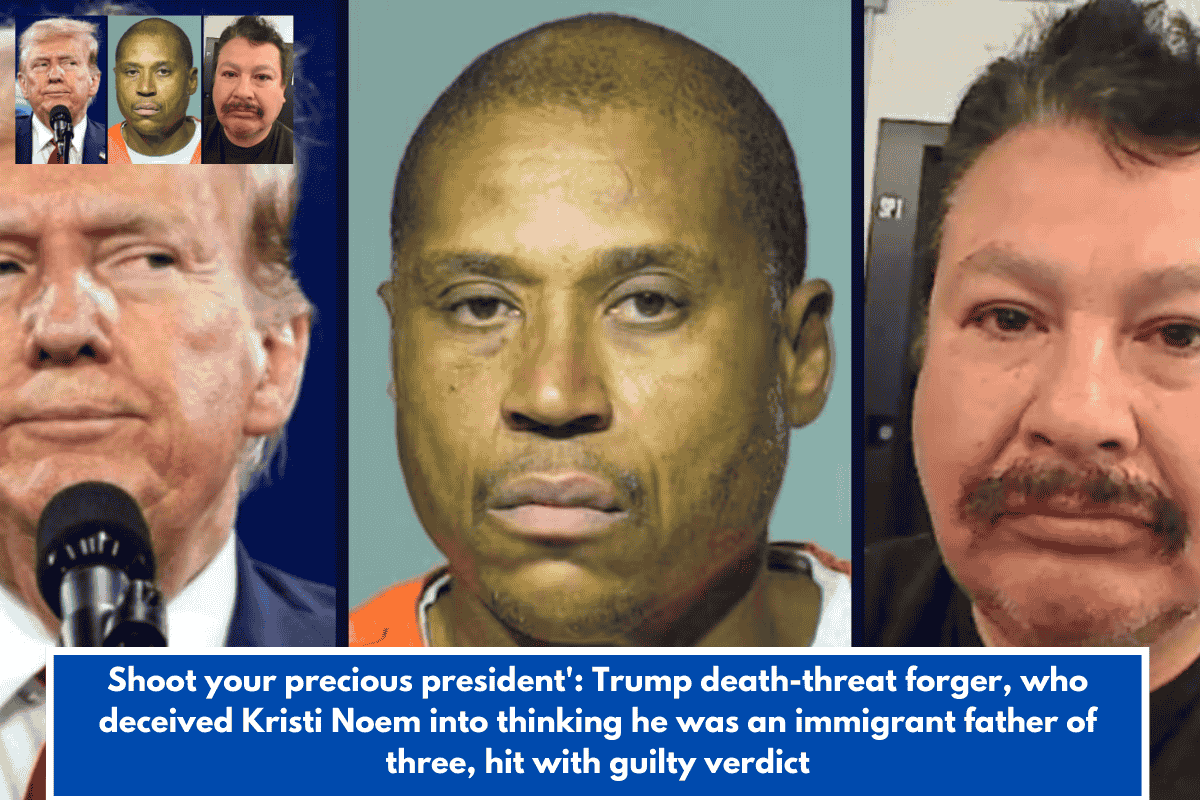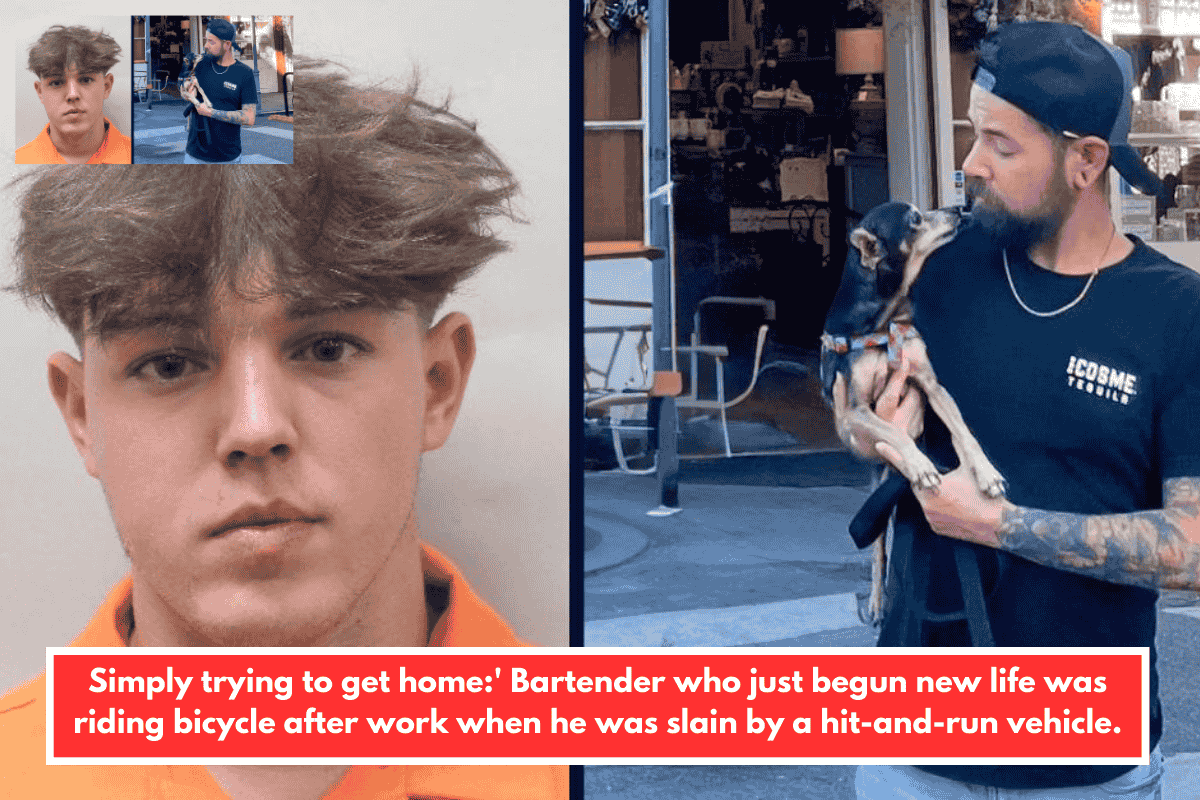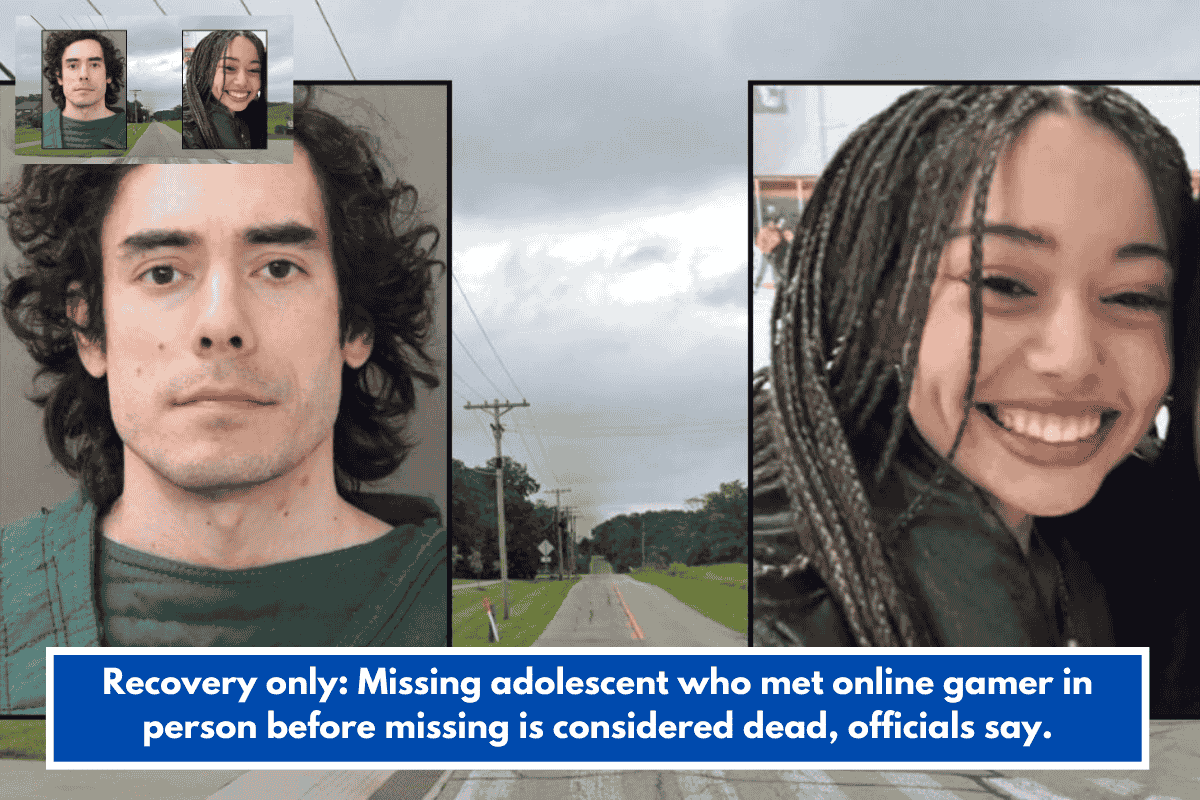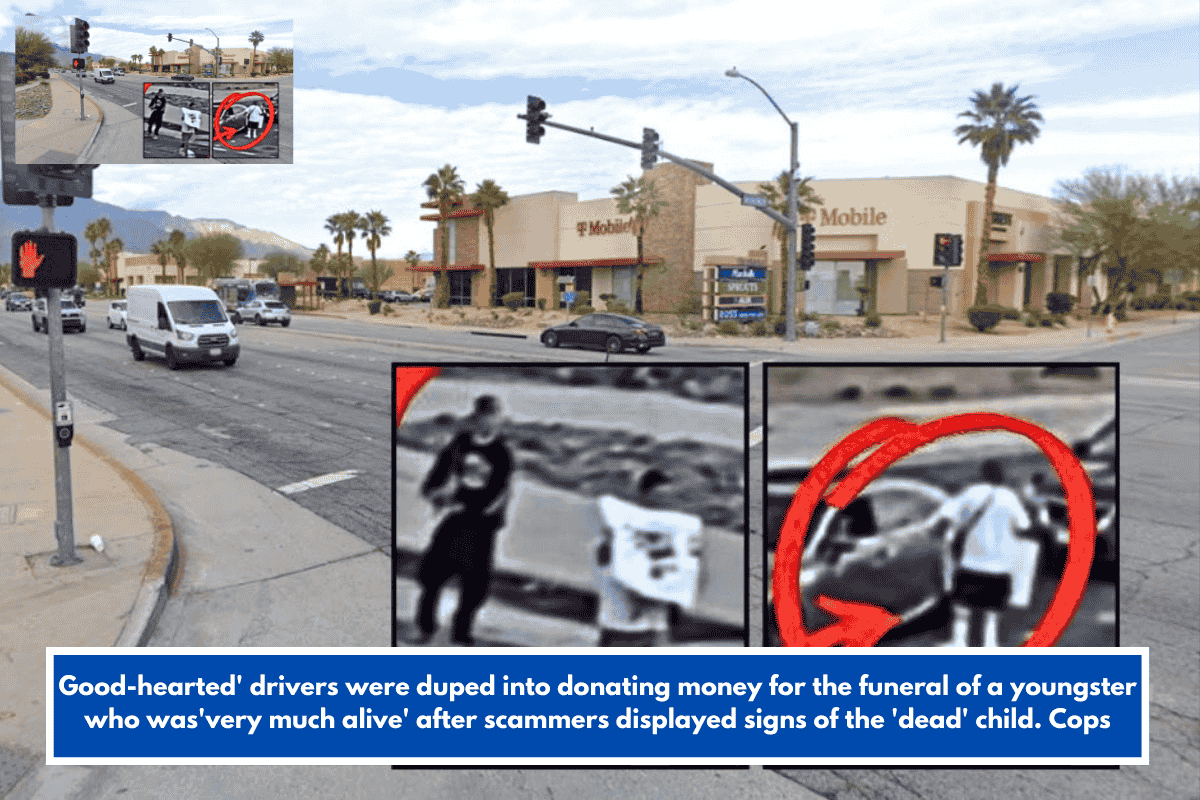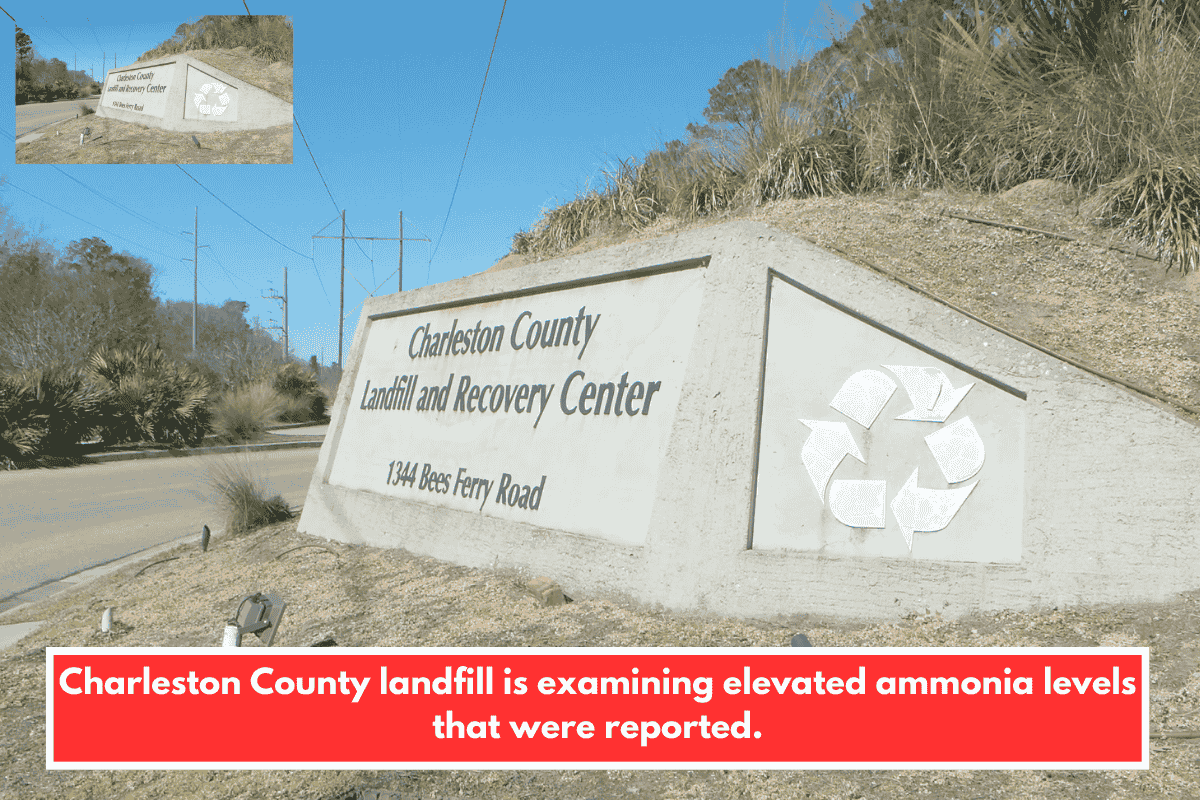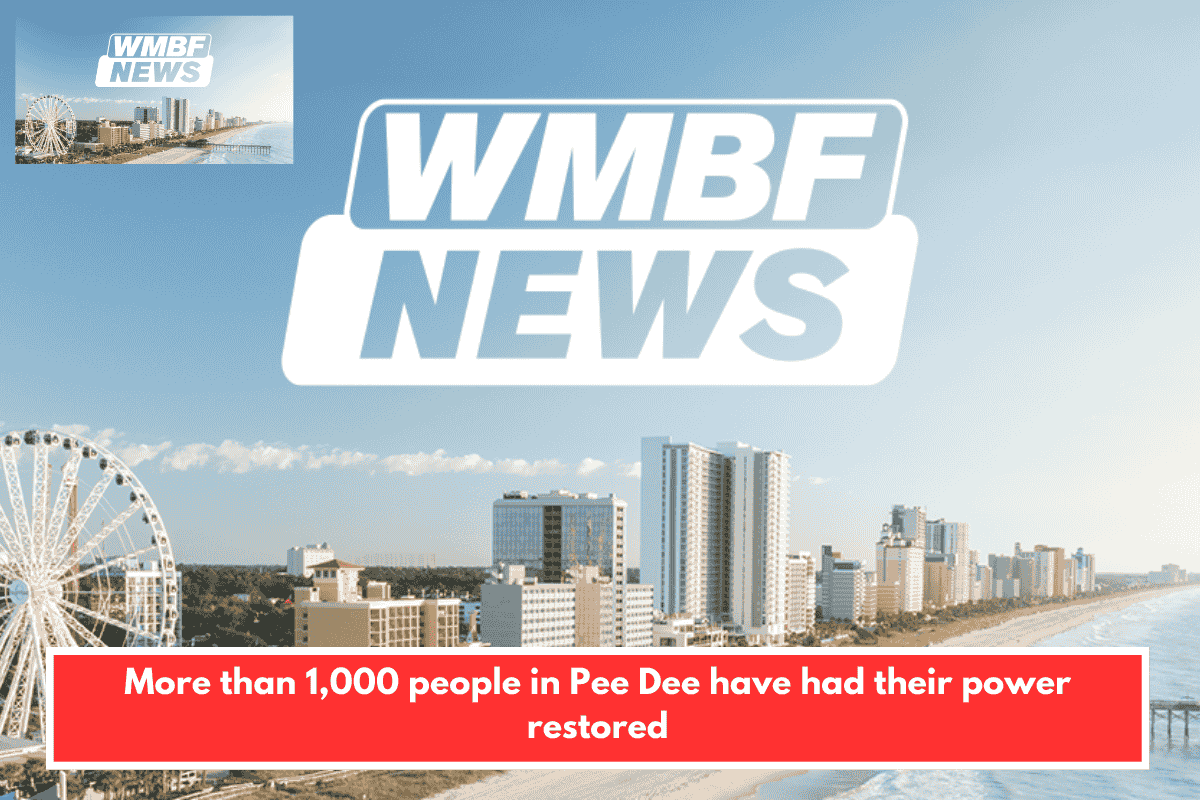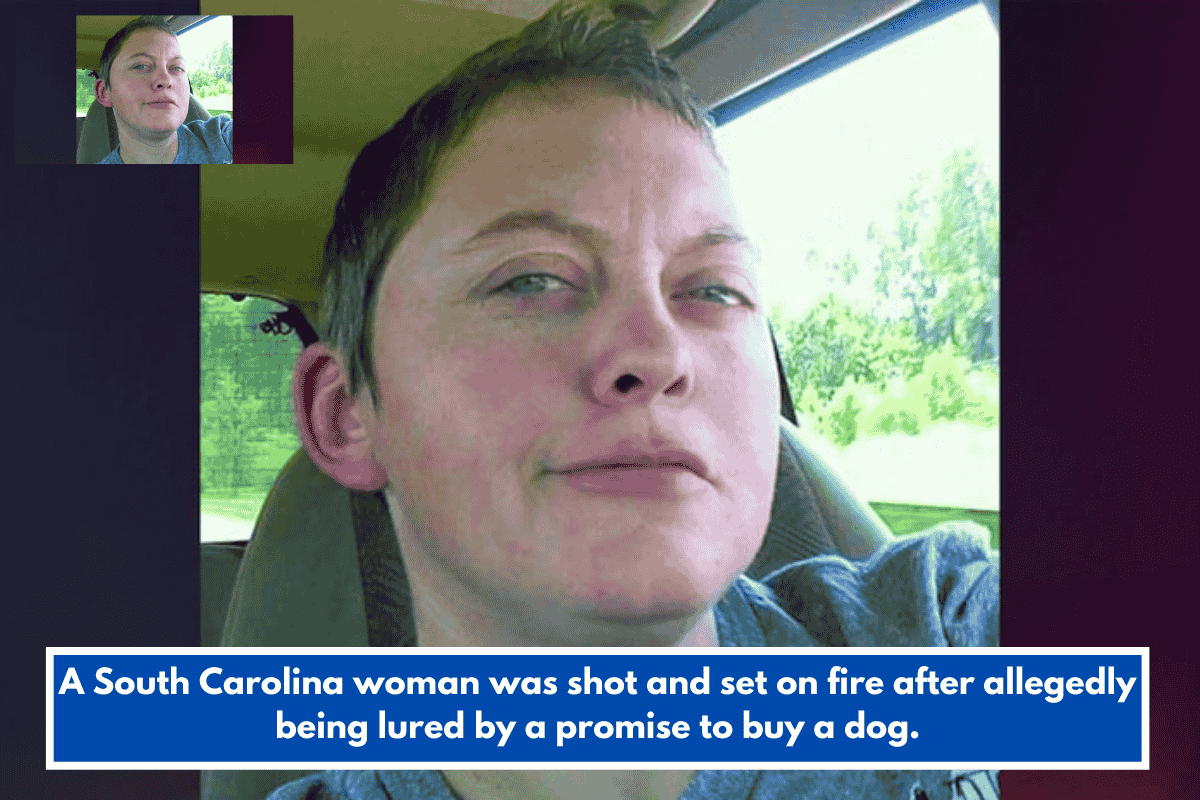Philadelphia, PA — President Donald Trump is appealing a ruling that allowed a defamation lawsuit from the Central Park Five to move forward. The lawsuit stems from Trump’s controversial comments during a 2024 presidential debate with then-Vice President Kamala Harris, where he falsely claimed that the exonerated men—Antron Brown, Kevin Richardson, Raymond Santana, Korey Wise, and Yusef Salaam—had “pled guilty” and “killed” a woman in Central Park in 1989.
The Lawsuit and Defamation Claims
The five men were wrongfully convicted of the assault and rape of Trisha Meili in Central Park, a crime they did not commit. They were later exonerated after the real attacker, Matias Reyes, confessed, and DNA evidence confirmed his involvement. In 1989, Trump took out a full-page ad in the New York Times, calling for the death penalty for the accused boys, despite their innocence.
In their lawsuit filed in October 2023, the Central Park Five argue that Trump’s comments during the 2024 debate, in which he incorrectly stated that they had “admitted” to the crime and later “killed a person,” defamed them and caused reputational harm.
Judge’s Ruling and Trump’s Appeal
On June 27, 2024, U.S. District Judge Wendy Beetlestone ruled that the Pennsylvania anti-SLAPP law (designed to protect free speech) does not apply to the case in federal court, allowing the lawsuit to proceed. This decision followed Trump’s attempt to use the Uniform Public Expression Protection Act (UPEPA) as a defense, arguing that his statements were protected speech.
Trump’s legal team, led by Harmeet Dhillon and Karin Sweigart, filed a notice of appeal on July 6, 2024, presenting what they call a “novel question of law” to the 3rd U.S. Circuit Court of Appeals: whether the UPEPA statute applies in federal court.
The Legal Strategy and Immunity Claim
Trump’s legal team argues that the case raises significant legal questions, particularly the application of Pennsylvania’s UPEPA in federal courts, and that Trump may be immune from suit under the statute. They contend that the lawsuit could “chill” protected speech during presidential debates, a key aspect of public discourse.
Sweigart’s motion for a stay pending appeal underscores that there is a circuit split on how anti-SLAPP laws apply in federal court, particularly regarding immunity. Trump’s defense team argues that denying the stay would cause “irreparable harm” and strip Trump of the immunity that the UPEPA was designed to provide. They also emphasize that the anti-SLAPP statute is intended to protect free speech, and the case could set a dangerous precedent if it proceeds.
Public Response and Legal Arguments
Trump’s legal team defends his statements in the debate as a reflection of his “factual understanding” of the case, including his opposition to the Central Park Five’s exoneration and his historical position on the matter. Trump’s defense also counters Harris’ accusation of racial division, calling it “patently false.”
In response to the defamation suit, Sweigart described the case as an example of “meritless litigation” and argued that it is an attempt to suppress protected speech during a presidential debate. She insists that the case is “particularly egregious” and could “threaten to chill” similar future speech.
Next Steps and Legal Precedents
The appeal could have significant implications for anti-SLAPP laws in federal courts and whether political speech during campaigns can be protected from litigation. The 3rd Circuit Court of Appeals will now review the case and decide whether Trump is entitled to immunity from the defamation lawsuit, potentially setting a precedent for similar cases in the future.
Trump is currently under $500,000 bond and the outcome of this appeal could shape how future legal battles over political speech are handled.

